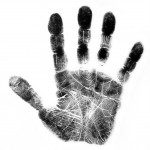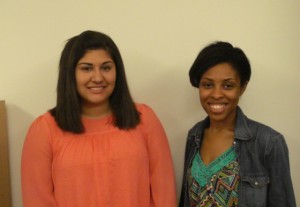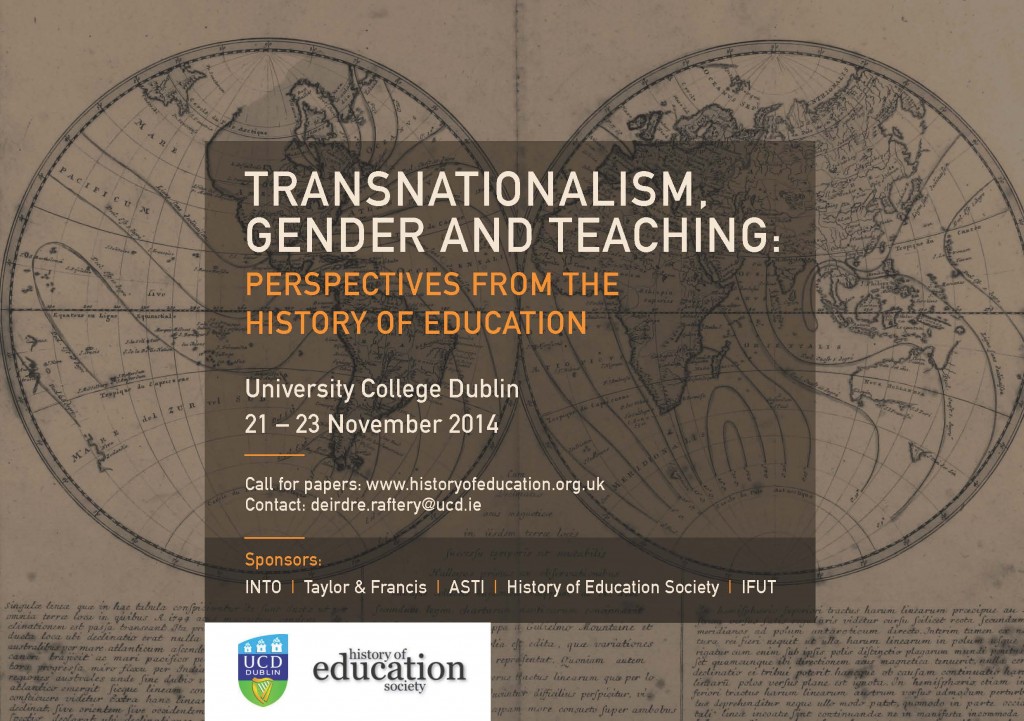On July 1, 2014, Monica L. Mercado joined Bryn Mawr College Libraries as the CLIR Postdoctoral Fellow and Director of The Albert M. Greenfield Digital Center for the History of Women’s Education.
Last week, I unpacked my boxes, learned how to read the SEPTA train schedule, and arrived on campus, eager to dig into Bryn Mawr Special Collections and the resources supported by the Digital Center.
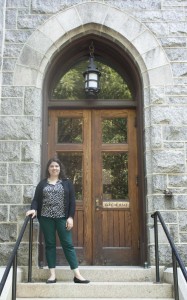
Exploring Bryn Mawr’s campus.
This month I’m getting up to speed on our NEH-funded planning grant, already underway, which is supporting the development of a collaborative digital portal with the libraries of Barnard College, Mount Holyoke College, Smith College, Vassar College, Wellesley College, and the Schlesinger Library, Radcliffe Institute for Advanced Study, Harvard University. [You might have seen the project announced on Technical.ly Philly last month.] This portal will make available materials documenting the first generation of students at the colleges once known as the “Seven Sisters,” and we hope it will offer researchers new access and insights into the experiences of women at our institutions in their founding years and beyond.
I’m also interested in considering how the Digital Center and the College Archives can document more recent histories of women’s education. This summer, we’re lucky to have TriCoDH summer intern Brenna Levitin (BMC ’16) at the Digital Center. Brenna is currently investigating queer histories of Bryn Mawr for a future digital exhibition, mining the College Archives, and beginning an oral history project that we hope will continue after her internship concludes.
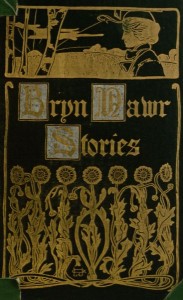
Monica’s summer reading: A Book of Bryn Mawr Stories (1901)
I’m already energized by sharing a workspace with Brenna and the College Archives’ other student workers, who are happy to answer all my questions about campus! Moreover, advising students like Brenna doing new research in women’s education history has been a terrific introduction to the wealth of materials housed in Bryn Mawr’s archives (and already digitized), but also suggests to me ways in which the Digital Center can be part of a conversation about collections development, and how we document the last few decades of student life.
Although it may be the middle of summer, we’re busy planning for the year ahead. With the greater College community, we’re looking forward to the formal inauguration of Bryn Mawr’s ninth President, Kimberly Wright Cassidy, on September 20, for which I’ll be creating my first digital exhibition. And as I prepare my upcoming course on women’s education history for the Bryn Mawr College History Department, I’ll be reviewing how the Digital Center can serve as a more robust repository of ideas for college-level teaching in women’s history.
We’re also beginning to think about a second conference, building on the success of last year’s meeting, Women’s History in the Digital World. In many ways, my own introduction to digital history was facilitated by the connections I made at that inaugural conference, and I hope to use the Digital Center as a platform to reach audiences new to digital projects in women’s and gender history, as well as to support the work of a growing group of historians, archivists, and digital humanists who are making possible the future of the feminist past.
As part of getting to know the Bryn Mawr community, I’ll be working closely with Digital Center Assistant Director Evan McGonagill to continue to build relationships with College alumnae/i as well as scholars engaged in the growing field of digital history. Through our website, this blog, and other social media,including tumblr and Twitter, as well as events on campus, we hope you’ll continue to follow our work.
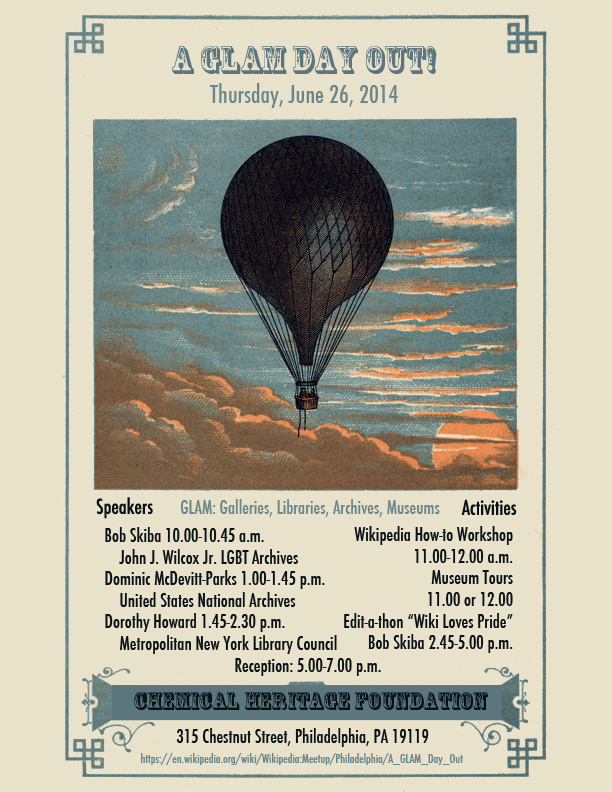 There have been equally exciting developments happening closer to home, as well. Our regular followers will recall that we are hosting summer intern Brenna Levitin with funding and programmatic support from the Tri-Co Digital Humanities Initiative, and, of course, we welcomed Monica L. Mercado as the Digital Center’s new Director on July 1st. The last two months have brought a flood of new ideas, people, and potential research.
There have been equally exciting developments happening closer to home, as well. Our regular followers will recall that we are hosting summer intern Brenna Levitin with funding and programmatic support from the Tri-Co Digital Humanities Initiative, and, of course, we welcomed Monica L. Mercado as the Digital Center’s new Director on July 1st. The last two months have brought a flood of new ideas, people, and potential research.